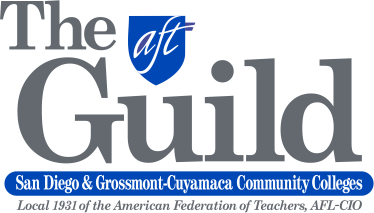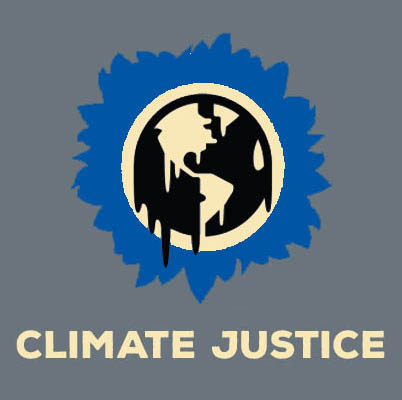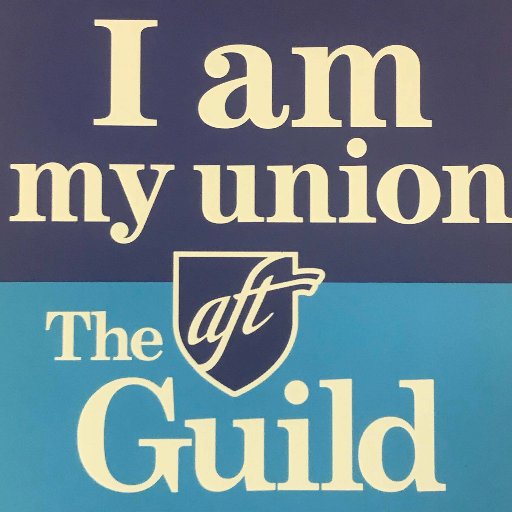VOX: Conservatives have appropriated critical race theory as a convenient catchall to describe basically any serious attempt to teach the history of race and racism. It’s now a prop in the never-ending culture war, where caricature and bad faith can muddy the waters. But the intensity of the debate speaks to a very real and difficult question: What’s the best and most productive way to teach the history of racism?
Historian Jarvis R. Givens:
“It’s about teaching the history of racial inequality and the history of racism, to understand that it’s about more than individual acts of racism.
The idea is that students — and educators — should have a deep awareness of how racist ideas and practices have been fundamental in shaping our modern world. Students need to be able to have these discussions honestly so that new generations of students aren’t just aware of this history, but can also acknowledge and comprehend how our actions can disrupt those historical patterns or reinforce them.
But one thing I tried to do in my piece was remind people that anti-racist teaching isn’t new. We’ve been talking about it in public as though it’s this novel thing, and perhaps it’s because so much of this discussion is about how to teach white students, but for well over a century, Black teachers have been modeling an anti-racist disposition in their pedagogical practices. They recognized how the dreams of their students were at odds with the structural context in which they found themselves. And they had to offer their students ways of thinking about themselves that were life-affirming, despite a society that was physically organized in a way that explicitly told them they were subhuman . . .
If you’re striving to create more justice in the world, you can’t do that if you’re only focusing on the things you’re trying to negate. You can’t just be “anti” whatever. You have to have some life-affirming vision that you can hold on to, a vision that’s more meaningful and points us in the direction of a better world. You have to teach people not just to resist injustice but to transcend it. This is what the Black educational models I’ve studied have always done, and it’s lost in so much of the debate about anti-racism and CRT today.”
“Is there an uncontroversial way to teach America’s racist history?” Interview from Vox, 6/11/21
What Challenges Does American Labor Face After the Death of AFL-CIO Leader Richard Trumka?
“To Mr. Trumka’s mind, the PRO Act was an essential tool for adding millions of workers to union rolls. It would make it easier for workers to join unions. It would limit management’s ability to propagandize workers and would create hefty fines for when corporations break the law in battling union drives, for instance, by firing outspoken union supporters.
Even though Mr. Trumka managed to get the PRO Act on the runway, ready to take off, it is unlikely to be enacted so long as the filibuster exists. Senate Republicans are implacably opposed to unions getting bigger or stronger, so attracting 10 G.O.P. votes to overcome a filibuster against the PRO Act seems impossible.
Senator Joe Manchin, Democrat of West Virginia, has had nothing but lovely things to say about his friend, Mr. Trumka. “He never forgot where he came from,” Mr. Manchin said. “He dedicated the rest of his career to fighting for America’s working men and women.” Yet he won’t budge from his refusal to eliminate the filibuster, a procedural perversity preventing the fulfillment of Mr. Trumka’s legacy.
Failing to pass the PRO Act will make it harder for unions to organize ambitious targets like Amazon and to make major inroads in organizing Big Tech. It’ll also make it harder for essential workers — many of them dismayed with how their employers treated them during the pandemic — to unionize.
Mr. Trumka could certainly be proud that public approval of unions is tied with its highest level over the last 50 years. According to a Gallup poll, nearly 50 percent of nonunion workers told M.I.T. researchers that they would join a union if given the opportunity.
Mr. Trumka’s No. 1 goal — and challenge — was how to get these 60 million workers who want a union into a union, despite intense corporate opposition. The question now becomes whether his successor, the A.F.L.-C.I.O.’s acting president, Liz Shuler, will have more success in meeting that formidable goal.”
Steven Greenhouse in the New York Times, 8/6/21
Will The Democrats Really Go Big on Climate Change?
“So, yeah, it’s fair to remain circumspect that these Democratic lawmakers would actually follow through on their new ultimatum, for fear of being labeled seditious traitors to the party – which is now considered the highest form of treason in American politics. Such skepticism is especially warranted since these legislators have not made clear what they consider “climate” and exactly what they are demanding for a deal.
Then again, what ultimately constitutes “climate” in any agreement may be somewhat vague, but it’s kind of like the obscenity standard – you know it when you see it. Plus, Democratic lawmakers even threatening to act as a climate voting bloc is already providing far more pressure on Biden than Obama ever faced from his own party when he was bragging about his unrelenting support for the fossil fuel industry. And that pressure has at least produced an initial reconciliation proposal that is somewhat serious. So that’s something.
As the IPCC report suggests, whether or not these Democrats follow through and force a climate confrontation in Congress – and whether or not their own constituents demand they hold out could be the difference between a livable planet and a hellscape.
It’s the difference between Democrats in 10 years bragging, “That was me, people!” about rescuing the world from disaster, or hunkering down at their Martha’s Vineyard compounds after they’ve laid waste to the planet.”
David Sirota in the Guardian 8/10/21






0 Comments